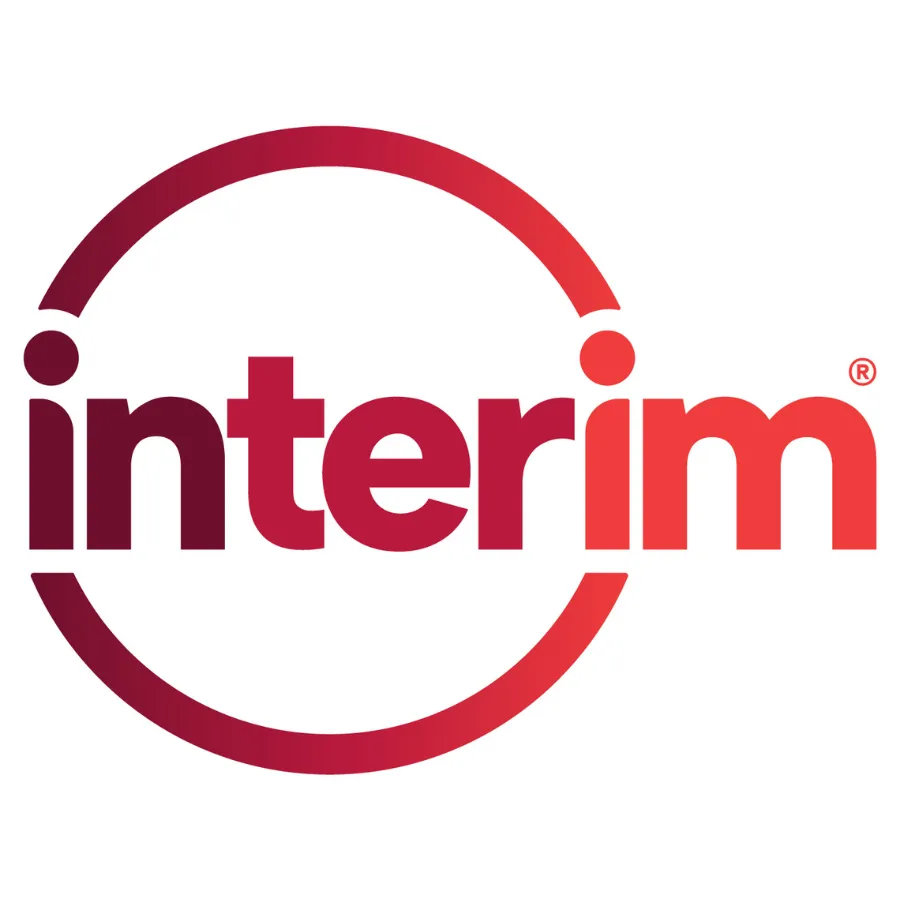Flexibility / Customization
Home Care

Assisted Living

Private Caregiver

Home Health

Family Care

No Care

Every family’s situation is unique — hours, personality fit, cultural preferences, and the type of help needed all matter. The ability to tailor care around those needs determines how sustainable and satisfying the arrangement will be over time.
Home Care
Home care is by far the most customizable option. Families choose the schedule, caregiver, and level of support — from a few hours a week to 24/7 live-in care. It can expand or scale back as needs change, giving families total control.
At Interim Home Care, flexibility is our hallmark. We build care plans around the client’s lifestyle and personality, not the other way around. If a caregiver isn’t the perfect fit or needs shift suddenly, adjustments are made immediately — no waiting lists, no long-term contracts.
Assisted Living
Assisted living facilities operate on fixed routines — set meal times, scheduled activities, and standardized care plans. Adjustments are limited and often require management approval or added fees. Residents must adapt to the facility’s system, not vice versa. Customization is minimal, and flexibility is nearly nonexistent once admitted.
Private Caregiver
An independent caregiver can offer excellent flexibility since families and caregivers set their own schedule and approach. Personal preferences can easily be honored — as long as the caregiver is reliable and consistent. However, without agency oversight, that flexibility can vanish if the caregiver becomes unavailable or unwilling to adapt.
Home Health
Home health services are driven by insurance and medical necessity, not personal choice. Visit frequency, duration, and type of care are predetermined by the care plan and payer approval. There’s little room for customization, and changes require reauthorization or new medical orders.
Family Caregiver
Family care allows for some flexibility since loved ones can adapt as needed, but competing work and personal schedules make it hard to sustain. Emotional fatigue and lack of structure often limit how much true customization can occur, despite good intentions.
No Care
Without a care plan in place, flexibility is meaningless — families remain reactive instead of proactive. When an emergency happens, choices narrow quickly, leaving little room to tailor solutions or maintain control.


